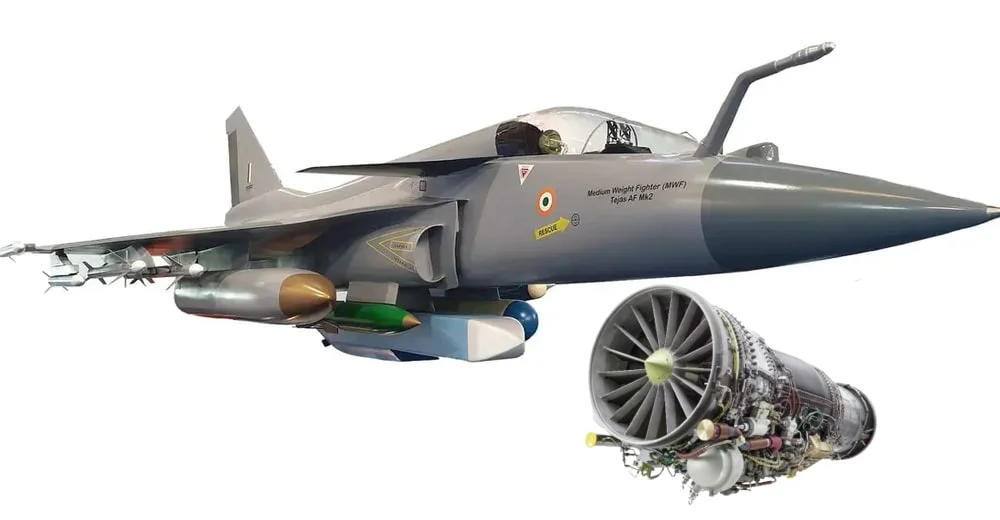GE Aerospace to Manufacture Advanced F414 Jet Engines in India: A Boost to Domestic Defence Industry
Bangalore, India – GE Aerospace has announced plans to commence manufacturing its state-of-the-art F414 jet engines in India, a pivotal move aimed at enhancing the country’s domestic defence capabilities. The announcement was made by Vikram Rai, Chief Executive of GE Aerospace South Asia, during the NDTV World Summit on Monday.
This initiative is a collaborative effort between GE Aerospace and Hindustan Aeronautics Limited (HAL), with production set to take place at a state-of-the-art facility in Bangalore. The F414 engines will be utilized to power the Tejas Mk2, India’s indigenously developed light combat aircraft, marking a significant step towards self-reliance in defence technology.
In readiness for the Tejas Mk2 pre-production jets, HAL has already procured 12 F414 engines that will undergo a series of rigorous developmental trials. These trials are essential for assessing the performance of the F414-powered Tejas Mk2 before the anticipated full-scale production phase, which is slated to begin by 2028-29.
Looking ahead, a deal for an additional 99 F414 engines is expected to be finalized between HAL and GE Aerospace by the end of 2024. Production of these engines is projected to commence within the next three years, with deliveries targeted for late 2027 or early 2028.
The F414 engine, known for its high thrust and reliability, currently powers several advanced fighter aircraft including the Boeing F/A-18E/F Super Hornet. The move to produce these engines locally is anticipated to significantly improve the performance of the Tejas Mk2 and aligns with India’s broader strategy to reduce dependence on foreign military imports.
Rai emphasized the importance of this development, stating, "The aerospace industry is the flagbearer of India’s manufacturing push." He also highlighted GE Aerospace’s commitment to expanding its presence in India, mentioning significant investments in its Pune factory aimed at bolstering manufacturing and research and development. Notably, this includes the development of a new engine that promises a 20% increase in efficiency.
This initiative is expected to not only strengthen India’s aerospace ecosystem but also position the country as a global hub for defence production, paving the way for further advancements in the sector.





